




Why Britain must invest in advanced military technologies to deter threats, enhance alliance security and safeguard its global influence. [divider style="single" border="small"] Recent conflicts have forced Britain to acknowledge the changing landscape of warfare and stressed the critical importance of adopting advanced capabilities. On June 1st, 2025, Ukrainian forces launched…

Europe faces a critical challenge from AI-enabled drone swarms, quantified by a dual structural vulnerability. This includes an Asymmetry of Scale or production deficit and an Asymmetry of Capital or investment lag, which together limit NATO’s ability to sustain high-volume conflict. The nature of conflict on Europe's Eastern Flank has changed completely. It is no longer defined by tanks and…
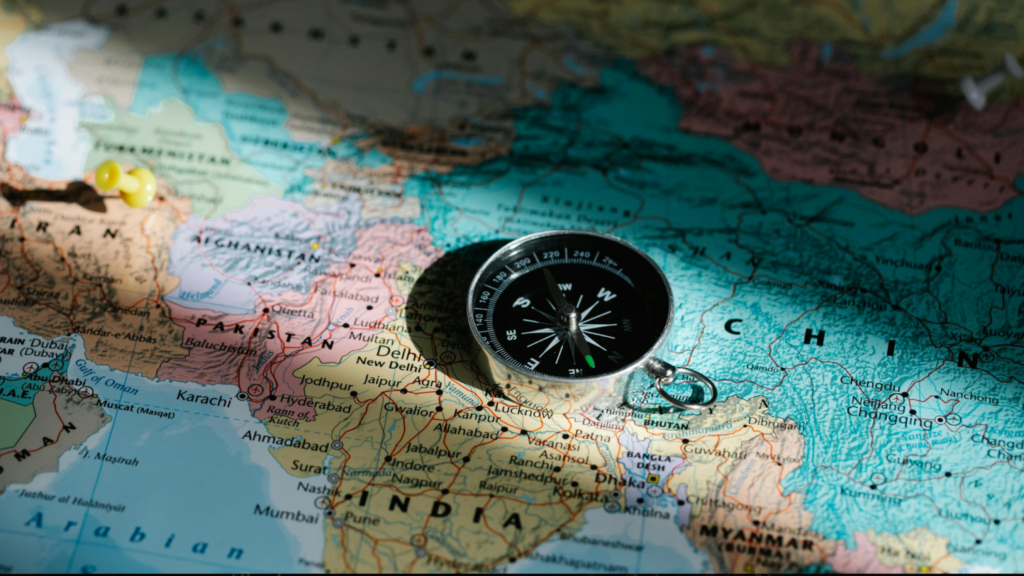
A Year of Cautious Recalibration As 2025 draws to a close, the relationship between India and China has traced a complex arc of cautious re-engagement. Throughout this year, the two…

Asia’s strategic landscape is fracturing as the US leans into burden-shifting, China expands its leverage through diplomacy and economic pressure, and regional powers recalibrate autonomously, producing a multipolar Indo-Pacific where…

The rippling effect of the European Transit System shutdown for Ukraine, Russia and the security of Europe's future With the European Transit System’s (ETS) last shutdown, we witness a symbolic…

Singapore has a reputable and trusted status in the Asian and global financial circles; however, recent events exposed vulnerable gaps. In August 2023, Singaporean authorities arrested 10 foreign nationals involved…

As the 2025 G20 Leaders Summit comes to an end this week with the officials leaving Johannesburg, the official announcement tells only the half of the narrative. The diplomatic rhetoric…
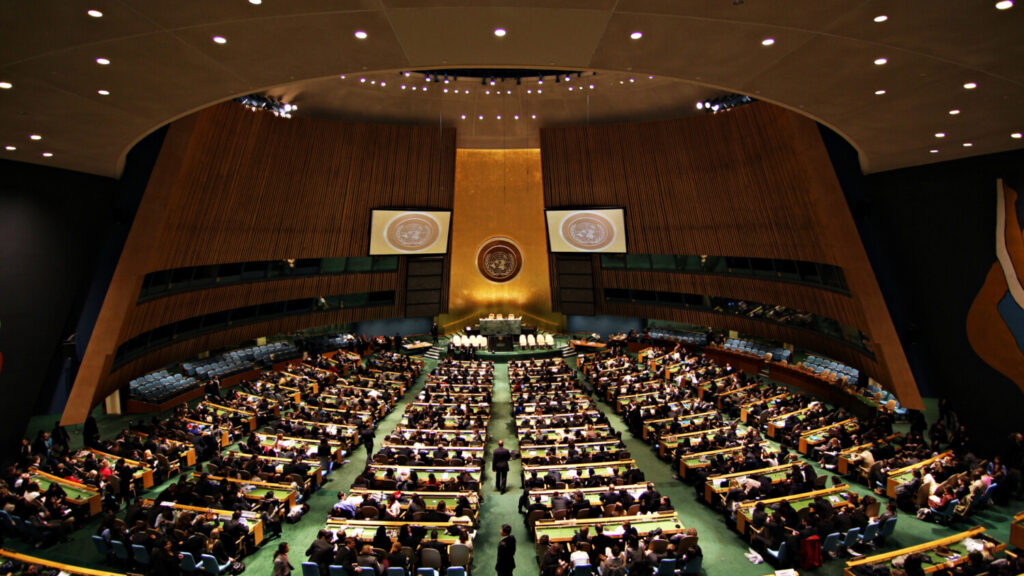
UN Resolution 2803 marked a rare moment of great-power alignment on Gaza, but its fragile passage exposed how humanitarian urgency, not genuine consensus, briefly bridged deep geopolitical divides, leaving major…
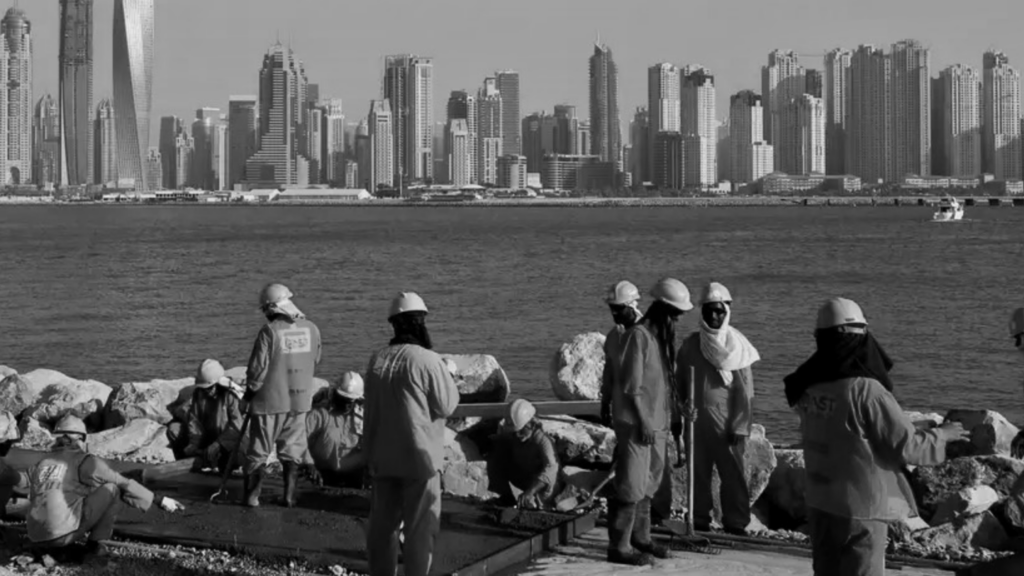
The soaring urban landscapes of the Middle East conceal a complex architecture of labour and power that remains largely invisible in mainstream analyses. Uncovering these realities exposes the quiet contradictions…
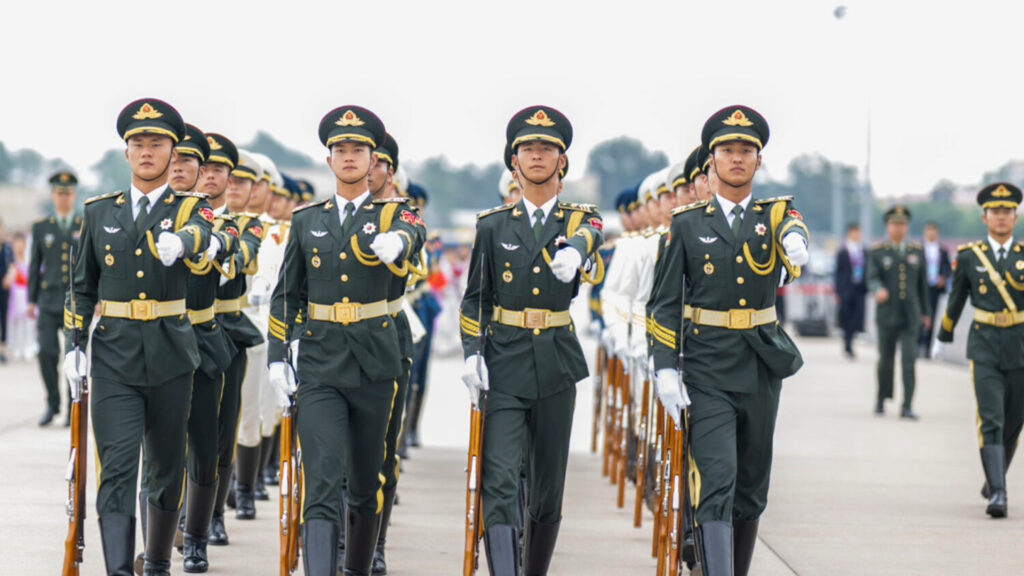
China has built a state-linked network of private security companies across 14 African states, protecting over $700 billion in BRI assets and reshaping regional security while skirting its non-interference doctrine.…
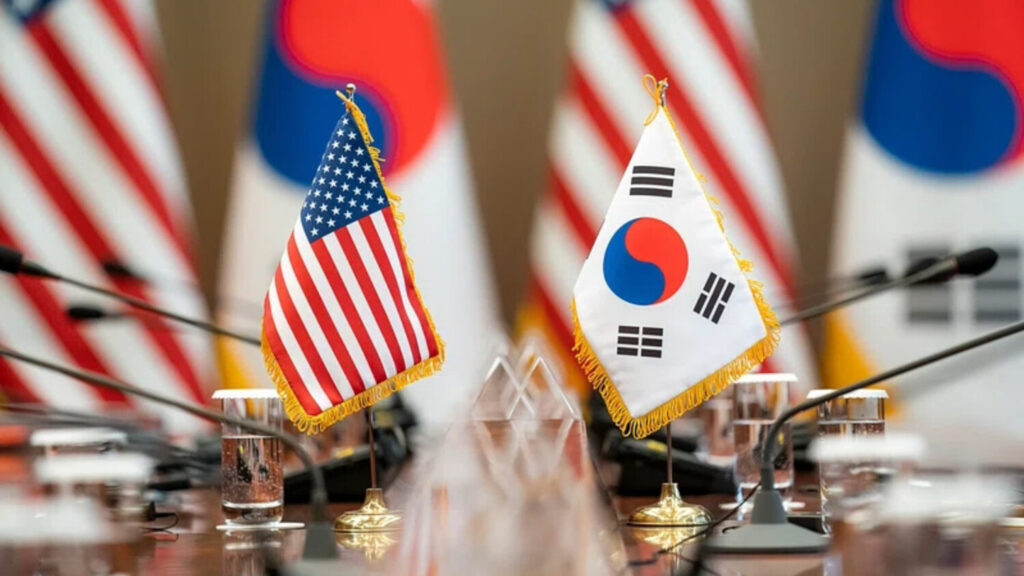
Trilateral US–Japan–ROK security cooperation deepened in 2025 through major exercises, ministerial meetings, and new maritime frameworks, reinforcing deterrence amid rising North Korean and Chinese threats. However, political shifts, historical grievances,…
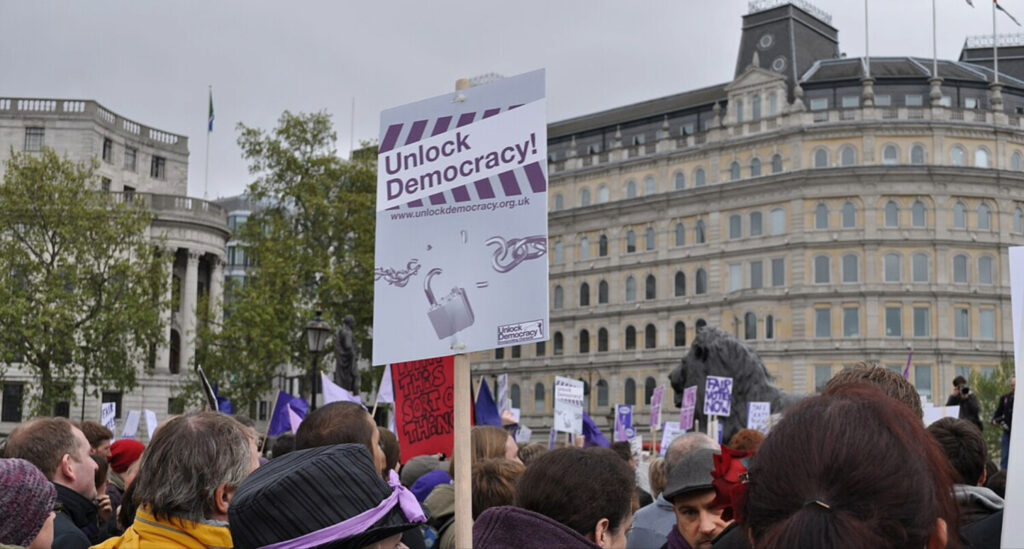
The question of political representation has long divided scholars of British democracy. Over the past seven decades, the political landscape has shifted markedly, from the programmatic and charismatic leadership of…

China's great agricultural drive in Latin America proposes significant benefits for all involved, but what are its effects and should it be contained by regulations? China plans to move 300…

President Putin signed over 20 bilateral agreements with President Xi covering energy, aerospace, agriculture, and more during his recent visit to China (Zhang, 2025). Notably, they agreed to complete the…

As Merkel prepares to leave politics and with the European elections around the corner, there is a lot of uncertainty surrounding European politics. Far right parties have recently gained considerable…

Ezra Friedman discusses the significance of the fall of the Joint Comprehensive Plan of Action Warwick’s Pugwash Student Society, along with Warwick’s International Relations Society, are delighted to host their…

In conversation with Romania's former Minister of Health and Chief of Staff for the Minister of Finances Warwick Romanian Speaking Society together with Warwick International Relations Society have the pleasure…